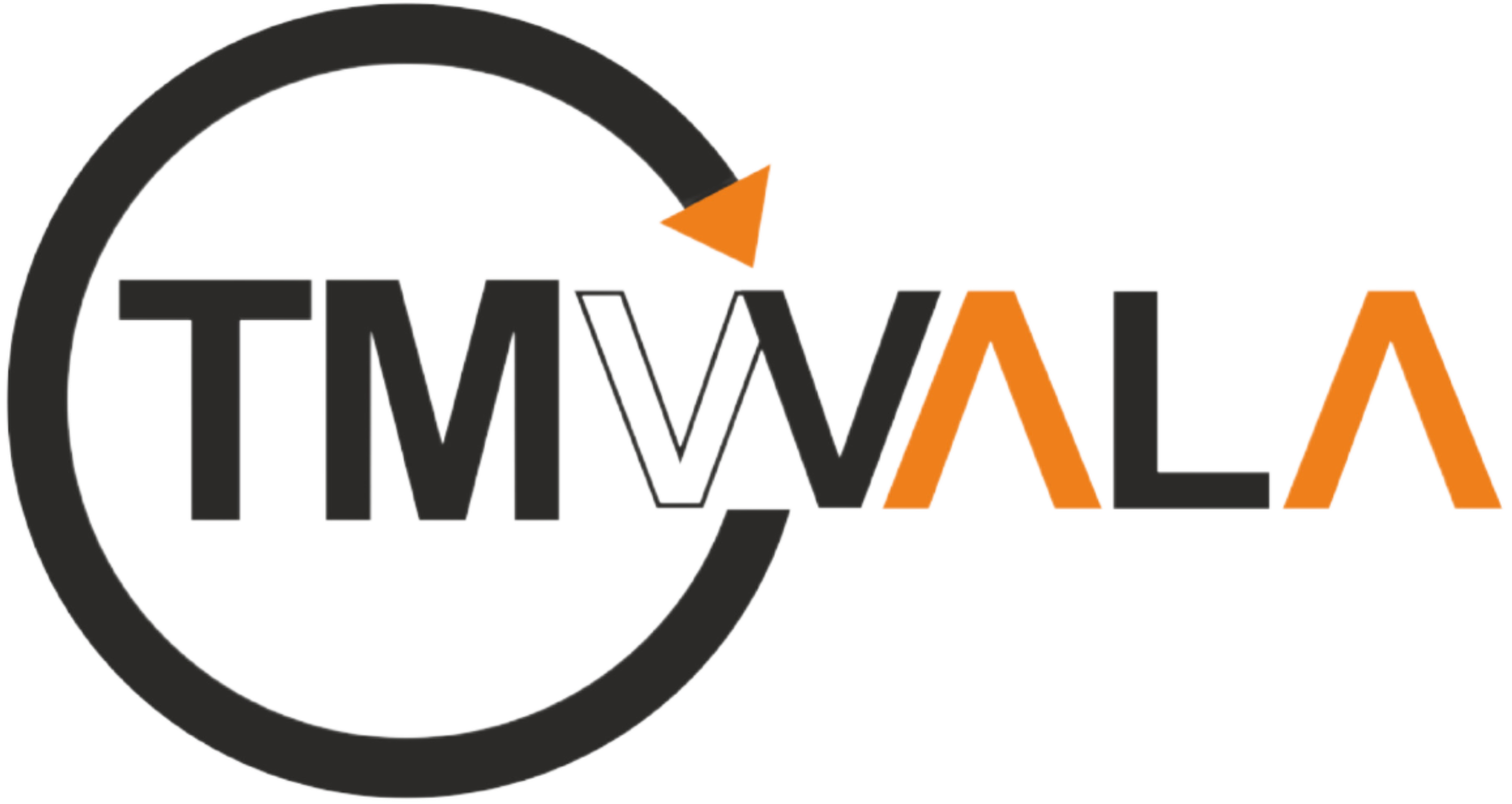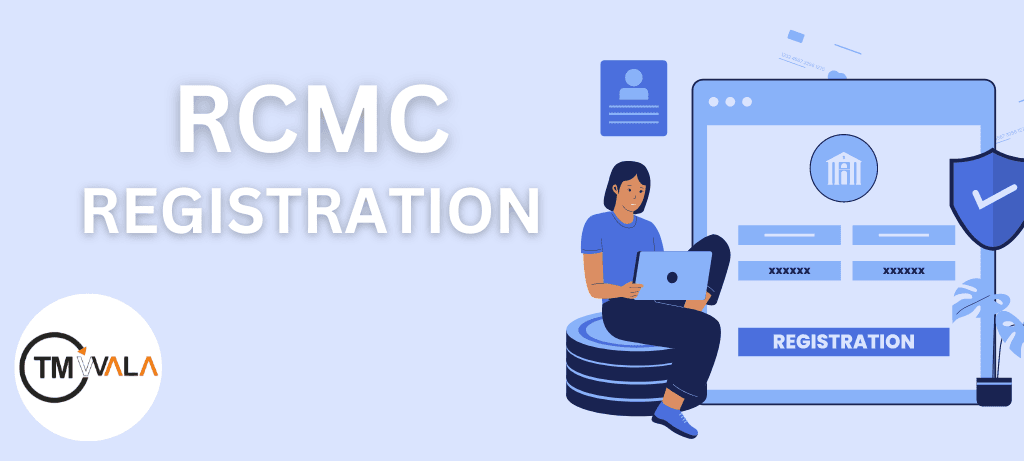What is RCMC?
Consider the Registration Cum Membership Certificate (RCMC) as your exclusive export business club membership card. This certificate serves as a key to many opportunities that would not otherwise be available. It is issued by Commodity Boards or Export Promotion Councils (EPCs). These government-backed groups concentrate on marketing particular product categories, which include spices, pharmaceuticals, engineering items, and more.
Being RCMC-affiliated is equivalent to wearing a badge of honor. It lets customs officers and possible foreign business partners know that you’re a legitimate exporter following Indian laws. Obtaining this accreditation is essential to establishing credibility in the global commerce sector. RCMC Registration plays a significant role in this recognition.
Additionally, the RCMC opens up a number of advantages, including valuable insights, networking opportunities at trade shows, and access to government programs that can reduce export costs.
In order for exporters to be eligible for benefits under the Foreign Trade Policy (FTP) for importing or exporting restricted items, this certificate also functions as verification of membership or registration with a particular EPC, commodity board, or export development authority. For any exporter who is serious about optimizing their company’s potential and streamlining their operations, the RCMC Registration is essentially a necessity.
What is RCMC Registration?
For Indian exporters who deal with prohibited commodities, the Registration-Cum-Membership Certificate (RCMC Registration) is necessary. Verifying the exporter’s registration with the appropriate Commodity Board or Export Promotion Council (EPC) ensures that product-specific regulations are followed. This certificate serves as evidence that an authorized government agency has officially acknowledged the exporter.
Exporters must follow a specified process, which can be finished online or offline, to get the RCMC. Before applying, it is vital to comprehend the eligibility criteria, significance, necessary documentation, and registration requirements. RCMC Registration ensures exporters meet these obligations effectively.
In addition to serving as proof that an exporter is registered with the relevant agency, the RCMC grants access to a number of advantages, including government programs, networking possibilities, and market intelligence. Any exporter wishing to increase their credibility has to have this accreditation, and RCMC Registration ensures that path is clear.
What are the Eligibility Criteria For RCMC?
Eligibility for RCMC Registration Online
- Exporter or Merchandiser (Merchant)
To be eligible for RCMC registration, exporters or merchants must confirm that their business involves the import and export of goods. This requirement is essential for establishing a manufacturing company in India. Additionally, the exporter must have applied for an Import Export Code (IEC) from the Director General of Foreign Trade (DGFT), the authority that regulates the IEC. RCMC Registration can only proceed once this step is fulfilled.
- Business Main Line Declaration
Exporters or merchants must specify their primary business line in the Business Main Line Declaration. For example, if the main business involves coffee and tea products, the exporter should consult the Tea and Coffee Promotion Board. If no export promotion board or regulatory agency exists for the commodities dealt with by the exporter, this should be mentioned when applying for RCMC Registration.
- Consent from the Board of FIEO
The applicant must obtain necessary board permissions or clearances from the Federation of Indian Export Organisations (FIEO). If no specialized board exists for a specific product, the applicant should apply for approval to FIEO. Additionally, obtaining FIEO authorization is required for RCMC registration.
By ensuring these requirements are met, exporters and merchants can proceed with their RCMC registration, which validates their business operations and provides access to various export-related benefits.
What is the Significance of RCMC?
By securing an RCMC Registration, exporters can significantly enhance their business operations, improve market reach, and ensure compliance with international trade standards.
1. Access to Export Promotion Schemes and Benefits:
- Duty Drawback: Refunds on customs duties paid on imported materials used in the production of export goods.
- Duty-Free Import Authorization (DFIA): Allows duty-free import of inputs used in the production of export goods.
- Merchandise Exports from India Scheme (MEIS): Provides incentives to exporters of goods to offset infrastructural inefficiencies and associated costs.
2. Participation in Trade Fairs and Exhibitions: Market Access:
- Enhances visibility in international markets.
- Networking Opportunities: Connects with potential buyers and partners.
- Learning and Development: Gains insights into market trends and best practices.
3. Valuable Information and Policy Updates:
- International Trade Practices: Keeps updated with global trade practices.
- Policy Changes: Informs about changes in trade regulations and policies.
4. Streamlined Customs Clearance:
- Compliance Proof: Demonstrates adherence to government regulations, simplifying the customs process.
5. Enhanced Credibility:
- Government Norms Compliance: Shows adherence to national standards, boosting credibility among international partners.
6. Facilitation in Import and Export:
- Restricted Goods: Eases the process for importing or exporting restricted goods by validating the authenticity of the exporter and their products.
7. Access to Market Information:
- Market Developments: Stays informed about the latest market trends and developments through activities and programs organized by Export Promotion Councils and Commodity Boards. Many of these are available exclusively through RCMC Registration.
What are the Documents required for RCMC?
To apply for an RCMC Registration, applicants need to submit a variety of documents along with the RCMC application form (ANF 2C). The following are the required self-certified copies:
- RCMC Application Form ANF 2C: Must be filled out accurately and signed by the applicant.
- Import Export Code (IEC) Number: A unique IEC number issued by the regional licensing authority.
- Permanent Account Number (PAN): The PAN card as proof of personal identification.
- Memorandum of Association (MOA) and Articles of Association (AOA): Required for corporate entities such as private limited companies, institutions, and corporations.
- Partnership Deed or Trust Deed: Partnership deed for partnership firms. Trust deed for trusts and similar entities.
- Certificate of Registered Office Change: A certificate issued by the Registrar of Companies if there has been a change in the registered office address.
- GST Registration Documents: GST registration certificate to validate tax registration.
- Financial Data: Certified data on the company’s foreign exchange earnings over the past three years, provided by the company’s Chartered Accountant.
- Board Resolution or Power of Attorney: Required if the name of the signing authority is not mentioned in the IEC, MOA, partnership deed, or trust deed.
Key Registration Requirements for Obtaining an RCMC
- Application Form: Fill out the RCMC Registration application form (ANF 2C) precisely with your signature. The form can be obtained from the Export Promotion Council (EPC) office or the EPC’s website. The form should include details about the exporter’s products and business.
- Import Export Code (IEC):
A valid IEC issued by the Directorate General of Foreign Trade (DGFT) is mandatory.
- Business Registration Certificates:
- Submit copies of the business registration certificates, such as:
- GST registration certificate
- Company incorporation certificate
- PAN card
- Product Information:
Provide detailed information about the products to be exported.
- Membership Fees:
Pay the required membership fees to the respective EPC or Commodity Board.
- Undertaking:
Provide an undertaking affirming adherence to the rules and regulations of the EPC and the Foreign Trade Policy (FTP).
- Exporter Type:
Identify whether you are a merchant exporter or a manufacturing exporter. If applying as a manufacturing exporter, provide proof of the existing manufacturing facility.
- Additional Details:
Include information such as the company’s address, branch and factory addresses, and contact number.
- Detail the manufacturing unit information, such as factory registration and industrial license.
- Provide any relevant trading house numbers (e.g., Trading House, Star Trading House, Export House, or Super Star Trading House).
- Specify the primary work type and product specifications required for registration.
EPC/Commodity Board/Authority Information:
If unsure which EPC, Commodity Board, or Authority your product falls under, refer to the DGFT’s updated Annexure 2T, which includes a list of EPCs or Boards, their mobile numbers, and other related information. This is a helpful resource for exporters beginning the RCMC Registration process. Currently, there are 37 EPCs.
FAQs
- Is RCMC mandatory for exporters?
Yes, RCMC is mandatory for exporters who wish to avail benefits provided by the Government of India for promoting exports. It is also required for claiming certain export incentives and schemes.
- How long does it take to get RCMC?
The time taken to obtain RCMC can vary depending on the processing time of the concerned Export Promotion Council or Commodity Board. Typically, it may take a few days to a few weeks.
- Can RCMC be renewed?
Yes, RCMC needs to be renewed periodically as per the guidelines of the issuing Export Promotion Council or Commodity Board. Renewal is necessary to continue availing export benefits and incentives.
- What is the validity period of RCMC?
The validity period of RCMC is usually for a certain number of years as specified by the issuing Export Promotion Council or Commodity Board. Exporters need to renew their RCMC before its expiry to avoid any disruption in availing benefits.
- Is there a fee for RCMC registration?
Yes, there is typically a fee involved for RCMC registration and renewal, which is charged by the respective Export Promotion Council or Commodity Board. The fee amount may vary depending on the Council or Board and the type of exporter.















